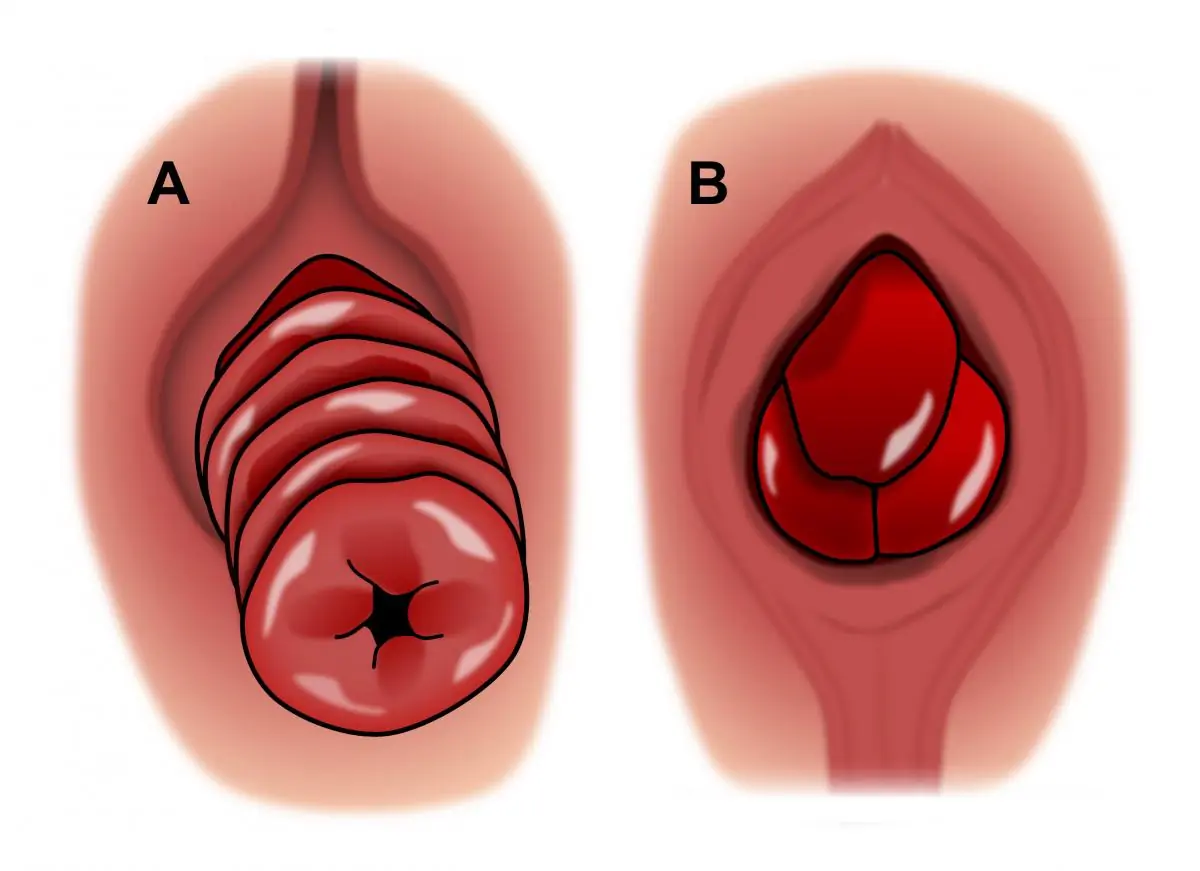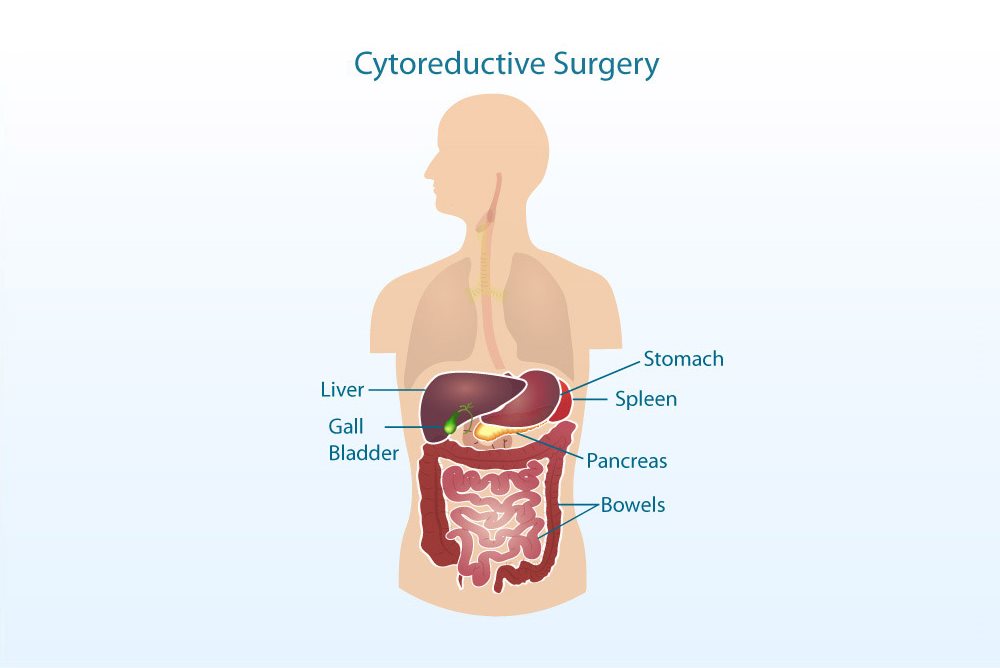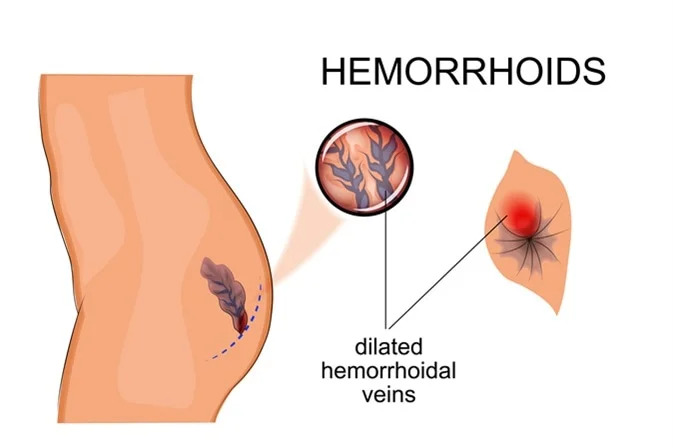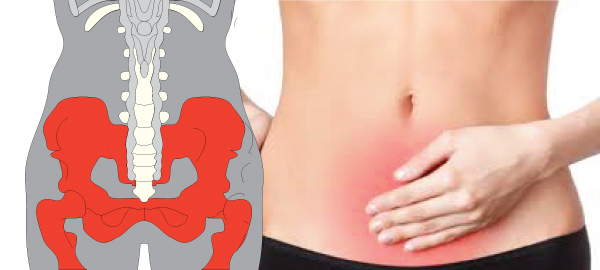Common symptoms of rectal prolapse may include:
- Visible Protrusion: The most apparent symptom is the protrusion of the rectum through the anal opening. This may be partial or complete, and it can vary in size.
- Pain or Discomfort: Individuals with rectal prolapse often experience pain, discomfort, or a feeling of fullness in the rectal area.
- Difficulty with Bowel Movements: Prolapse can make it challenging to have normal bowel movements. Individuals may have to strain excessively to pass stool.
- Bleeding: There may be bleeding from the rectum during or after bowel movements, often due to friction and irritation of the prolapsed tissue.
- Mucous Discharge: Some individuals with rectal prolapse may notice the passage of mucous from the rectum.
- Incontinence: In severe cases, rectal prolapse can lead to fecal or urinary incontinence (inability to control bowel or bladder movements).
- Incomplete Evacuation: Difficulty in fully emptying the bowels can be a symptom, leading to a feeling of incomplete evacuation after bowel movements.
- Pelvic Pressure: A sensation of pressure or a “falling out” feeling in the pelvic area may be present.
It’s important to note that symptoms can vary in severity, and some individuals with rectal prolapse may experience only a few of these symptoms, while others may have a combination of them. If you suspect you have rectal prolapse or are experiencing any of these symptoms, it’s advisable to seek medical evaluation and guidance for appropriate diagnosis and treatment.
Experience expert care for colorectal issues with Dr. Chintamani, your trusted Colorectal Surgeon in Mumbai. Your path to digestive health starts here. Contact us now to schedule your consultation.




